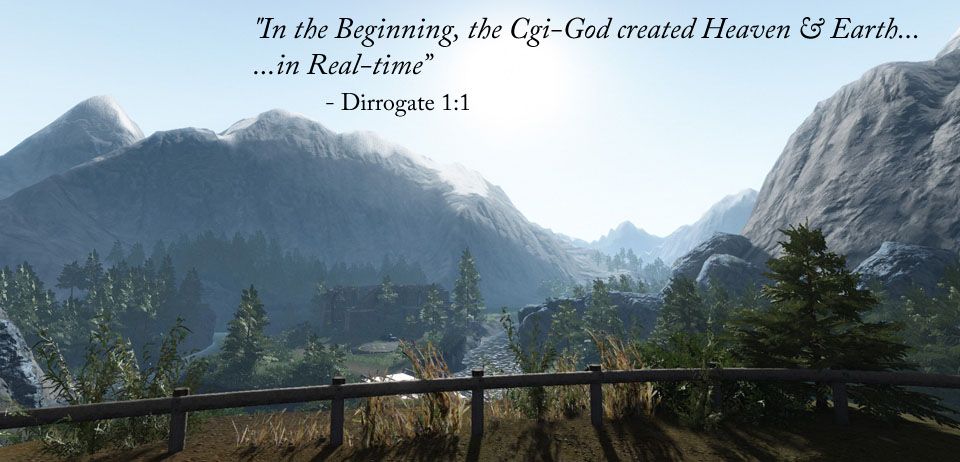Oct 3, 2014
What if your memories could live past your mortal shelf life?
Posted by Johnny Boston in categories: cyborgs, futurism, innovation, life extension, posthumanism, singularity, transhumanism
Would you have your brain preserved? Do you believe your brain is the essence of you?
To noted American PhD Neuroscientist and Futurist, Ken Hayworth, the answer is an emphatic, “Yes.” He is currently developing machines and techniques to map brain tissue at the nanometer scale — the key to encoding our individual identities.
A self-described transhumanist and President of the Brain Preservation Foundation, Hayworth’s goal is to perfect existing preservation techniques, like cryonics, as well as explore and push evolving opportunities to effect a change on the status quo. Currently there is no brain preservation option that offers systematic, scientific evidence as to how much human brain tissue is actually preserved when undergoing today’s experimental preservation methods. Such methods include vitrification, the procedure used in cryonics to try and prevent human organs from freezing and being destroyed when tissue is cooled for cryopreservation.
Hayworth believes we can achieve his vision of preserving an entire human brain at an accepted and proven standard within the next decade. If Hayworth is right, is there a countdown to immortality?
Continue reading “What if your memories could live past your mortal shelf life?” »
 Would you have your brain preserved? Do you believe your brain is the essence of you?
Would you have your brain preserved? Do you believe your brain is the essence of you?
 The Lifeboat community doesn’t need me to tell them that a growing number of scientists are dedicating their time and energy into research that could radically alter the human aging trajectory. As a result we could be on the verge of the end of aging. But from an anthropological and evolutionary perspective, humans have always had the desire to end aging. Most human culture groups on the planet did this by inventing some belief structure incorporating eternal consciousness. In my mind this is a logical consequence of A) realizing you are going to die and B) not knowing how to prevent that tragedy. So from that perspective, I wanted to create a video that contextualized the modern scientific belief in radical life extension with the religious/mythological beliefs of our ancestors.
The Lifeboat community doesn’t need me to tell them that a growing number of scientists are dedicating their time and energy into research that could radically alter the human aging trajectory. As a result we could be on the verge of the end of aging. But from an anthropological and evolutionary perspective, humans have always had the desire to end aging. Most human culture groups on the planet did this by inventing some belief structure incorporating eternal consciousness. In my mind this is a logical consequence of A) realizing you are going to die and B) not knowing how to prevent that tragedy. So from that perspective, I wanted to create a video that contextualized the modern scientific belief in radical life extension with the religious/mythological beliefs of our ancestors.














